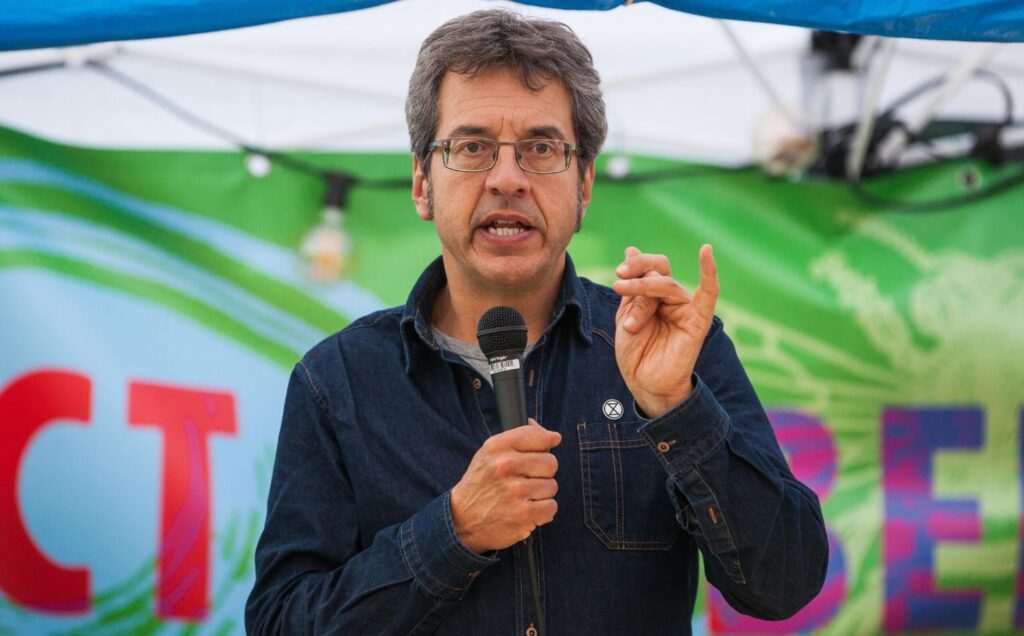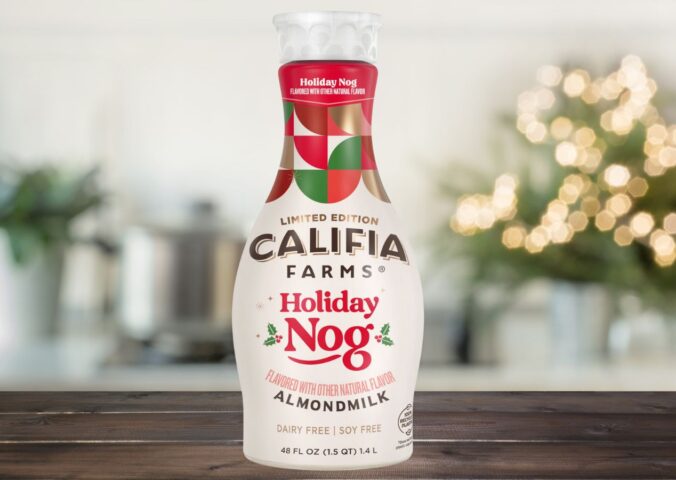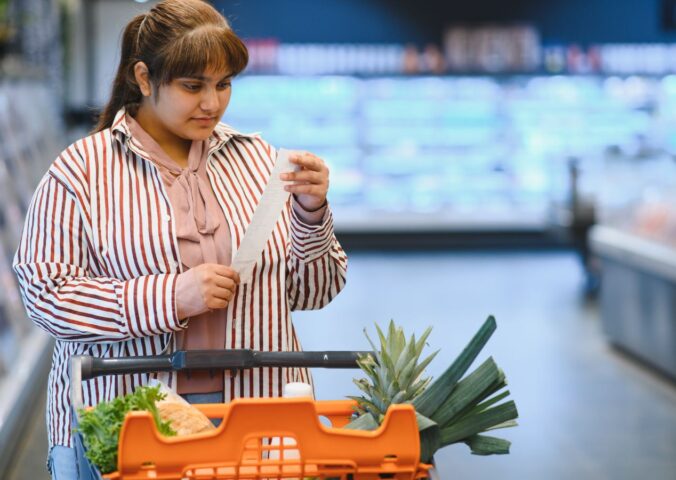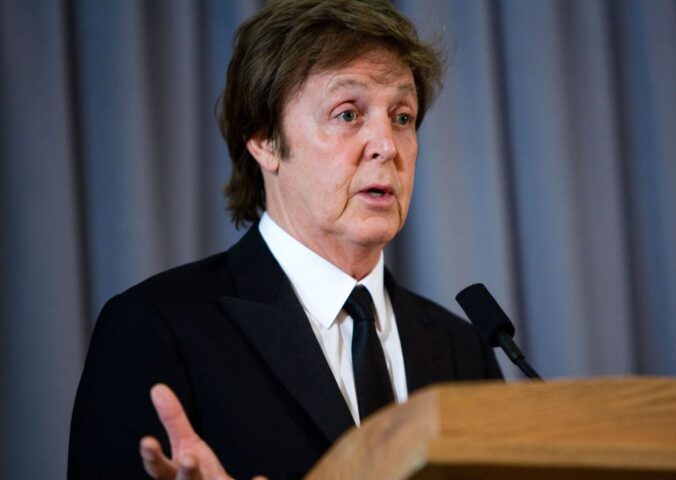George Monbiot has said there is a “moral forcefield” around farming that protects it from criticism.
The well-known British environmentalist made the comments in response to the news that two thirds of cattle farms in Devon cause water pollution.
A report by the Guardian found that the government’s efforts to protect UK rivers has been an “abject failure,” and that it appeared to be failing to enforce “basic environmental regulations” on farms.
Taking to Twitter to share the report, Monbiot noted that, despite it being the biggest water polluter, farming doesn’t receive the criticism it should. He added that “even prominent campaigners” are “highly reluctant” to call out the industry.
“Farming is surrounded by a kind of moral forcefield, protecting it from criticism,” he wrote. “For years I’ve sought to apply the same standards to farming as I would to any other industry. You get demonized for it. But if we care about life on Earth, we cannot afford to turn a blind eye.”
Monbiot went on to say that, even if we eliminated human river pollution entirely, our rivers would still be dying. He urged river campaigners to “name the unnameable,” which is livestock farming.
“This takes courage,” he added. “It means confronting not only some very angry and aggressive farmers, who can make your life hell, but also deep cultural myths and root metaphors instilled in us from the first stirrings of consciousness. But without courage, we will lose everything.”
Animal agriculture and river pollution
Monbiot is right. Farming – particularly livestock factory farming – is the biggest source of river pollution. According to a government report, it is the most “significant source of water pollution and of ammonia emissions into the atmosphere in the UK.”
It accounts for around 25 percent phosphate, 50 percent nitrate, and 75 percent sediment loadings in the water environment, which harms ecosystems.
Speaking to MPs last year, the Environment Agency chief executive James Bevan said that farming is “statistically, the largest sector that is impacting our waters, in one way or another.”
The above report that Monbiot was referring to found that, between 2016 and 2020, the Environment Agency visited more than 100 cattle farms in north Devon to check on their compliance with environmental regulations. It found that nearly nine in 10 farms were not compliant, and two-thirds were causing pollution.
Charles Watson, from the campaign group River Action, told the Guardian: “The north Devon report gives a damning indictment of the role played by the dairy industry as a major polluter of our rivers, as well as highlighting the abject failure of a defunded Environment Agency to enforce even basic environmental regulations.”






